Groundwater Data Bill Passes California Senate
Lawmakers seek to make well logs — a trove of groundwater data — a public resource.
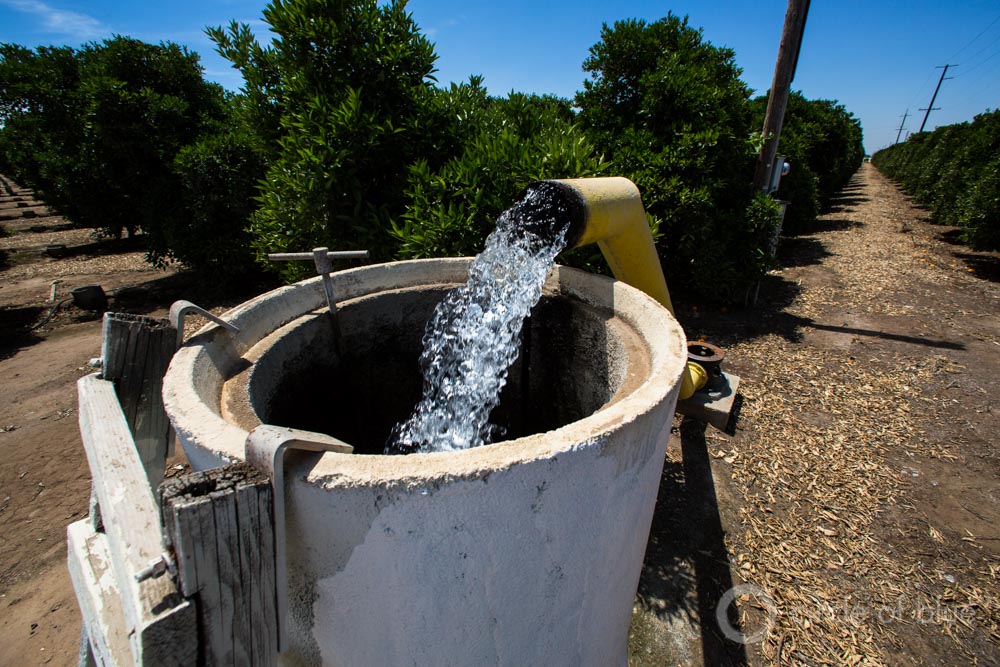
By Brett Walton
Circle of Blue
As California struggles to respond to a heightening drought emergency, state lawmakers are promoting legislation that would potentially increase scientific knowledge about the state’s shrinking groundwater reserves.
On June 1, the California Senate passed SB 20 by a vote of 21 to 15. The bill requires public access to the groundwater information that well drillers file with the Department of Water Resources after completing a well.
These documents, to the chagrin of researchers, are not public. Only government agencies and well owners can view the logs. But after several failed legislative attempts to make this information public, the depth of California’s drought emergency has helped turn the course.
“Last year, a number of folks encouraged us to include opening access to well logs in our groundwater bills — environmental justice groups, editorial pages, etc. After four years of a continuous drought, it is about time we get this information about California’s well drilling logs in order to better protect California’s precious groundwater,” said Fran Pavley, a Democrat from Los Angeles County and the bill’s sponsor, in a statement emailed to Circle of Blue.
Between 1977 and 2010, some 432,469 water wells were drilled in California, according to the Department of Water Resources. More than half supply households and the others are for irrigation, utilities, and to monitor aquifer levels. The state knows the numbers with such precision because it requires drillers to file a well completion report. The one-page document asks for information on the depth of the well, underground geology, location, and depth to water.
This is the third time that Pavley has introduced legislation to make the well logs public. The data have been restricted to the well owner, the Department of Water Resources, and selected state agencies for more than 50 years. The Legislature required well drillers to file the completion reports starting in 1949, but two years later lawmakers, at the request of well drillers who claimed the information was a trade secret, halted public access to the documents.
Times have changed. John Hofer, executive director of the California Groundwater Association, which represents well drilling companies, said the organization will not oppose the bill.
“We’re not going to stand in the way,” Hofer told Circle of Blue. “It’s not an issue for us now. We’re not going to fight it. It’s coming.”
Well Logs a Valuable Resource
California is the only western state that does not have public access to well logs.
The information in the logs is valuable in three ways, asserted Juliet Christian-Smith, a scientist with the Union of Concerned Scientists who studies California water management. First, because they identify the location and depth of wells, the logs can reveal which wells are at risk of contamination or of going dry in a drought.
Second, the logs will help implement the state’s new groundwater management law. The law requires local agencies to develop water use models in order to align water availability with demand. “There’s no way to model use if you don’t know where the straws are,” Christian-Smith told Circle of Blue.
And third, the information in the logs is important for groundwater management in general. The data on geologic layers, sediments, and well locations can help researchers map aquifer boundaries, estimate how much water they hold, and trace the movement of contaminants.
Though the two bills will increase data availability, California still lacks a statewide mandate to report the amount of water pumped from aquifers. Pumping data is not on the well logs, which ask for technical information about geologic features and drilling materials, and no bills in this legislative session address groundwater extraction data.
Nearly two dozen basins, mostly in Southern California, that have gone through a legal process to sort out groundwater rights require water users to report how much water they pump. But most of the state’s knowledge of groundwater use is based on estimates derived from assumptions about crop water use and the availability of canal water.
“Extraction data is the best,” Christian-Smith said, referring to data on water pumped from aquifers. “But well logs are a first step.”
Brett writes about agriculture, energy, infrastructure, and the politics and economics of water in the United States. He also writes the Federal Water Tap, Circle of Blue’s weekly digest of U.S. government water news. He is the winner of two Society of Environmental Journalists reporting awards, one of the top honors in American environmental journalism: first place for explanatory reporting for a series on septic system pollution in the United States(2016) and third place for beat reporting in a small market (2014). He received the Sierra Club’s Distinguished Service Award in 2018. Brett lives in Seattle, where he hikes the mountains and bakes pies. Contact Brett Walton

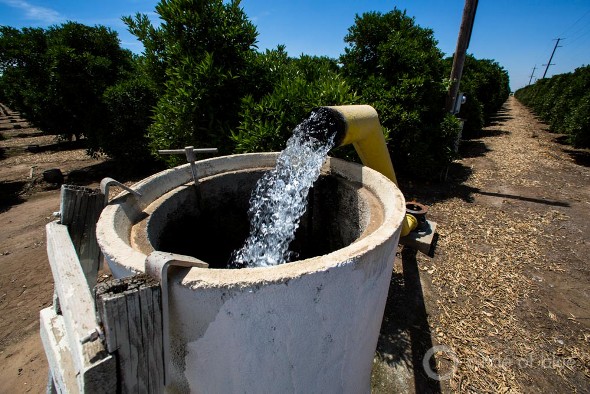

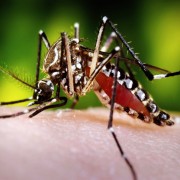
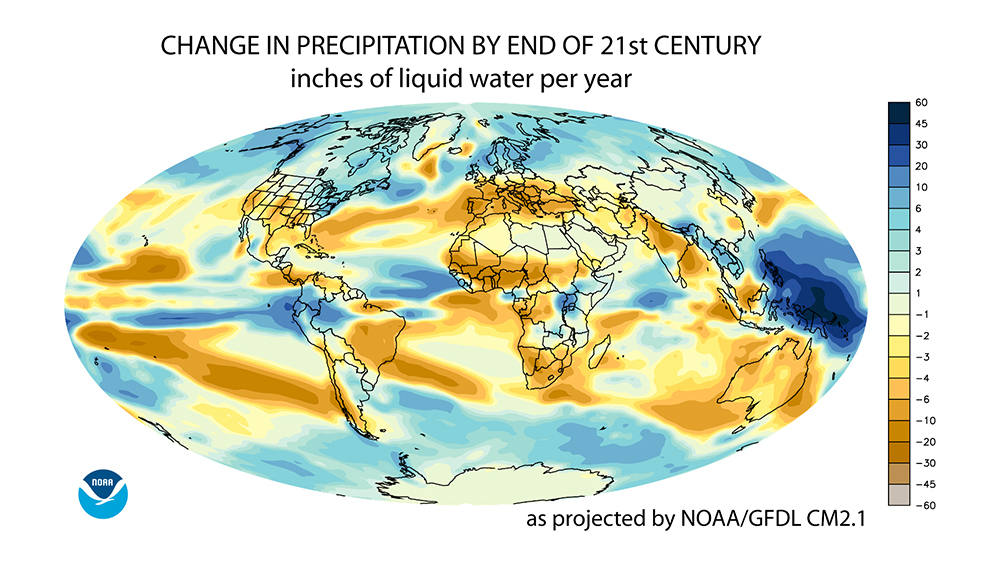

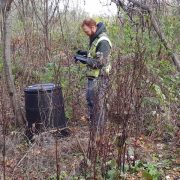





Leave a Reply
Want to join the discussion?Feel free to contribute!